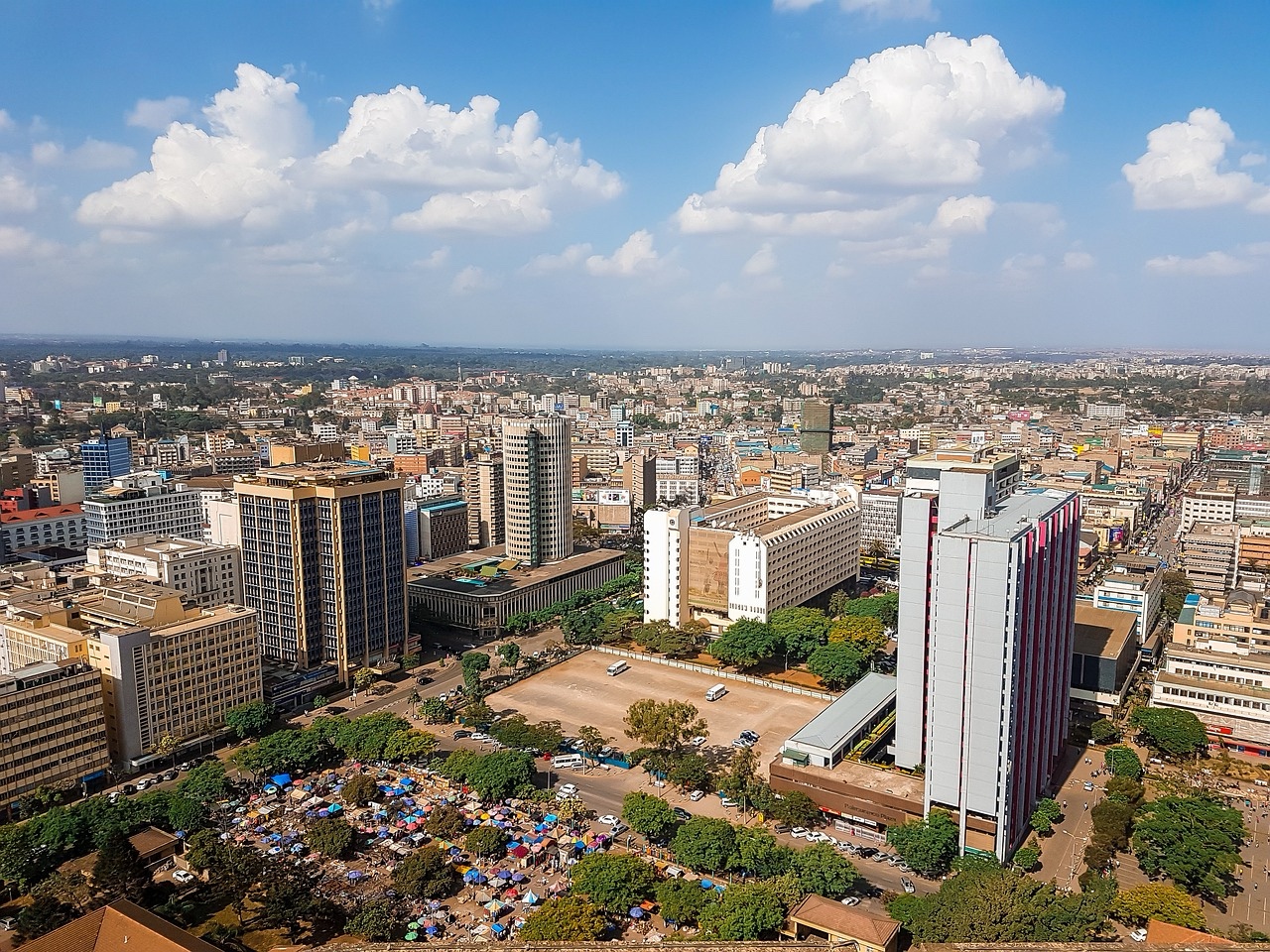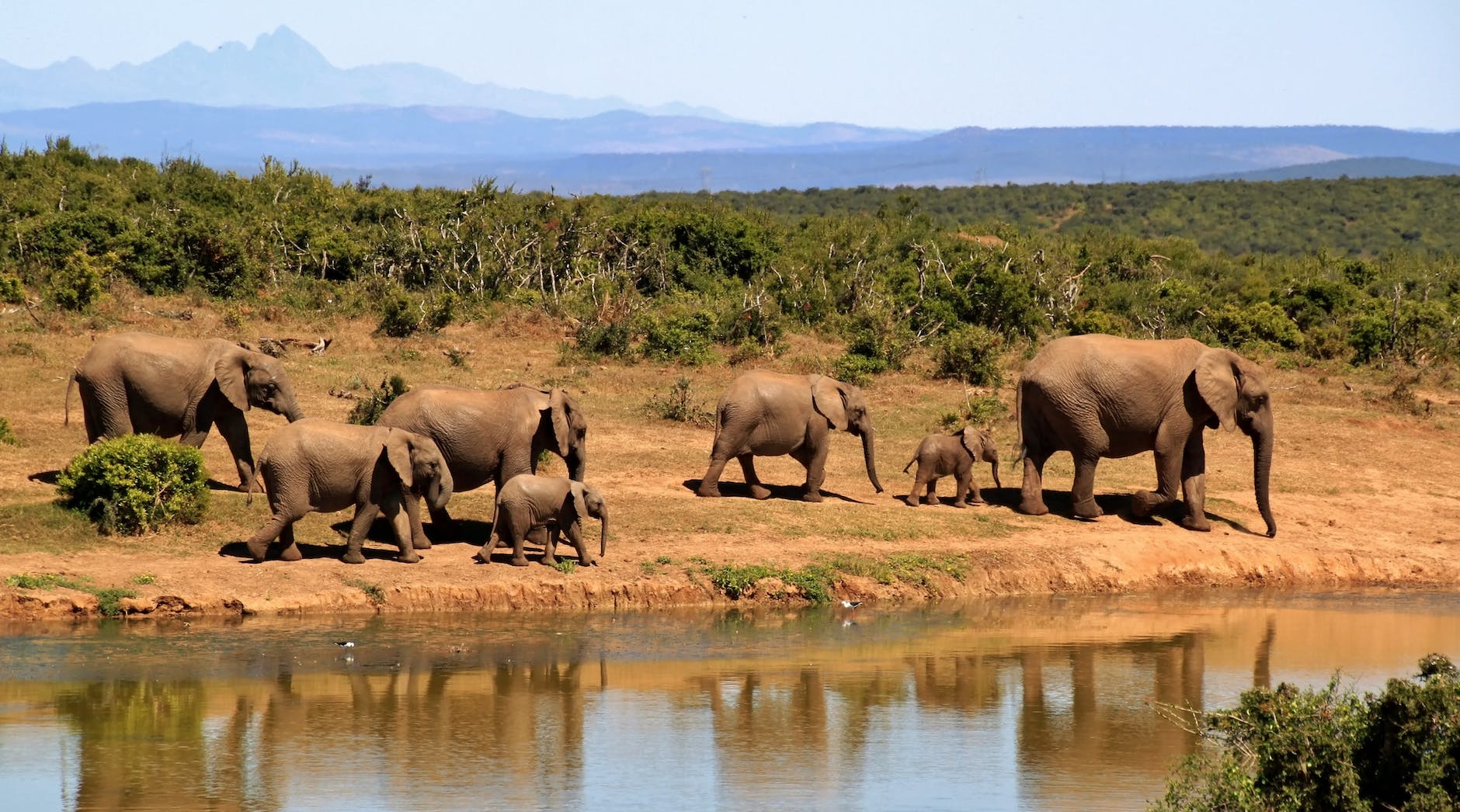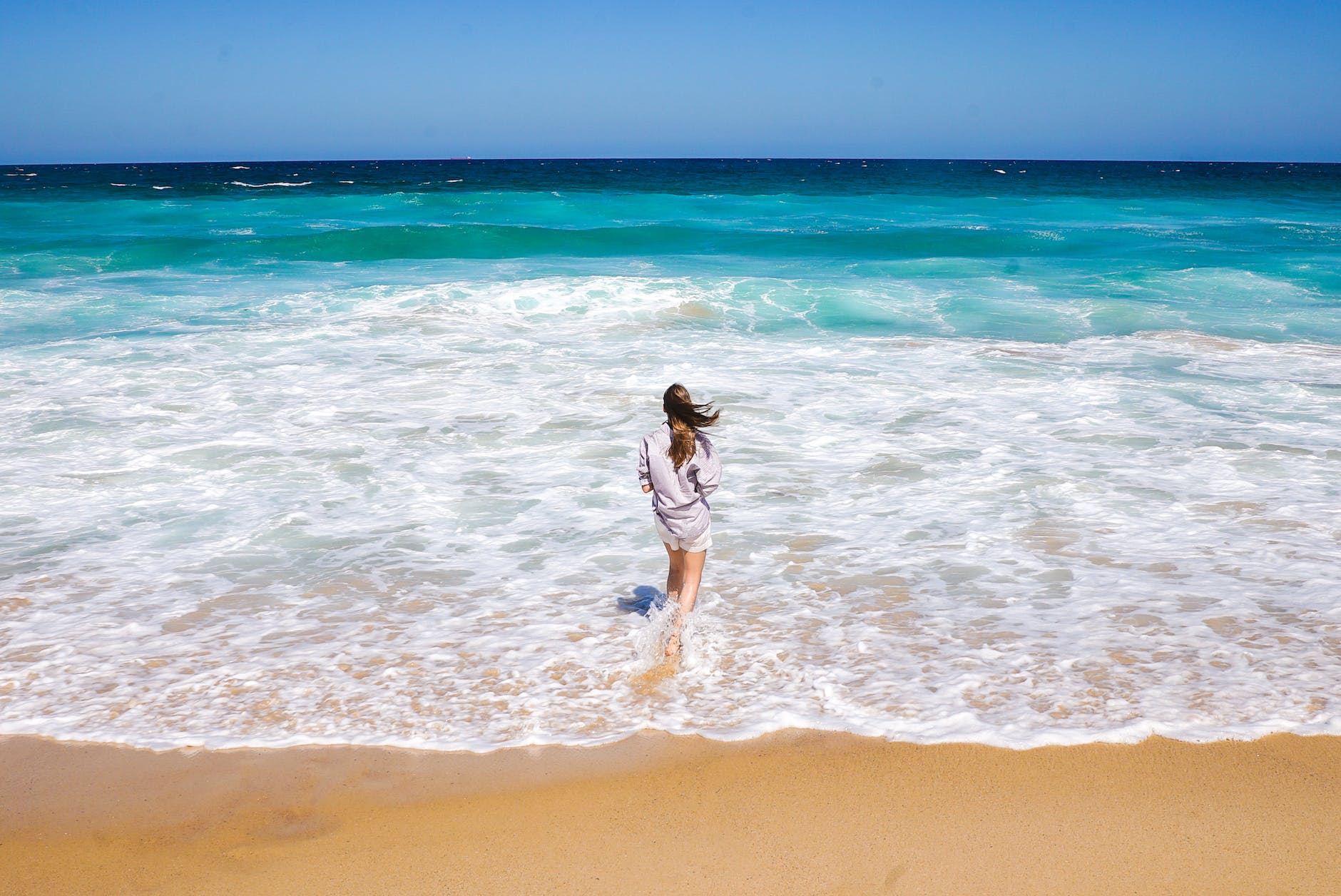What to Expect from Medical Care in Kenya
In Kenya, medical standards, like income distribution, reveal huge differences between various segments of the population. On the one hand, Kenya is still a developing nation in some respects. The average Kenyan has a life expectancy of about 63 years. Several factors affect this in a negative way: Maternal and infant mortality remain high, an estimated 1.6 million people are living with HIV according to UNAIDS numbers from 2014, and the degree of risk of infectious disease, e.g. hepatitis, malaria, and typhoid, is also high. There are too few physicians for the growing population, and only 30% of all Kenyans have access to improved sanitation and around 60% to clean water.
On the other hand, well-to-do Kenyans and affluent expats may notice little of these issues. The medical care available in Nairobi’s and Mombasa’s private hospitals is good and continually improving. Furthermore, the living conditions among well-off residents hardly expose them to the kind of health risks from which poorer Kenyans suffer. So, if you follow your doctor’s health recommendations and have the right insurance, you need not be unduly concerned about your health in Kenya.
The Necessary Precaution: Vaccinations
Before moving to Kenya, make sure to get all the immunizations you need. You should see your family doctor for either booster shots or new vaccinations for the following diseases:
- TDP (tetanus, diphtheria, pertussis)
- MMR (measles, mumps, rubella)
- hepatitis A and B
- typhoid fever
- polio (proof of vaccination may be required upon exiting the country if you’ve been in Kenya more than four weeks)
- rabies
- meningococcal infections (type ACWY vaccine)
- yellow fever for high-risk areas
A varicella (chicken pox) vaccine and your yearly flu shot are also recommend preventative measures.
Important Health Tips for Kenya
When you have arrived in Kenya, remember some basic health advice. The tips below cannot replace an in-depth talk with a doctor for tropical medicine, but they give you a general impression of what to expect.
- Protect yourself against insect bites to help prevent malaria, dengue fever, sleeping sickness, and leishmaniasis. Dengue fever cases in particular have been on the rise in recent years, though recent fumigation of public areas and elimination of mosquito breeding grounds has reduced the number of reported cases in 2014. Nevertheless, knowing how to best prevent insect bites is of crucial importance.
- Take anti-malarial drugs as medical prophylactics, but make sure to consult with your doctor about potential side effects first.
- Don’t drink any tap water or consume raw produce.
- Make sure to keep flies away from your food, and wash your hands often.
- To avoid parasitic infections, don’t bathe in rivers or lakes. Swimming in the Indian Ocean or chlorinated pools is fine, though.
- Pay attention to where you sit down and put your hands to avoid spider or snake bites.
- Be careful around all pets and especially wild animals due to rabies.
- Don‘t forget to use sunscreen.
- Wear long-sleeved shirts and long trousers, and make sure to repeatedly apply insect repellant (with DEET).
- Sleep under mosquito nets.
- Avoid creating potential breeding grounds for mosquitoes, e.g. by covering and/or regularly cleaning water containers in and around your house.
The Only Option: Private Health Insurance
Expats settling in Kenya require private health insurance. If you would like to travel around East Africa while living in Kenya, remember to take out a travel insurance policy as well. If you only have a medical healthcare plan for Kenya and then have an accident across the border in Tanzania, your insurance won’t cover it.
Last but not least, your insurance policy should include repatriation for medical purposes. In the — hopefully unlikely — case that you need prolonged treatment or complicated surgery, this enables you to go to a South African clinic or return back home.
What to Do in Case of Emergency
In addition to having insurance cover from a reputable company, including an emergency evacuation plan, you should sign up for an AMREF Flying Doctors membership. This organization provides air ambulance services throughout East Africa. If you need their help, as a paying member you will not have to reimburse the transport costs afterwards.
In case of an emergency that requires consular services, you should have your embassy’s contact details and their hotline number at hand.
General emergency numbers for Kenya are:
- +254 (0) 20-6992299 (AMREF Flying Doctors emergency center)
- +254 (0) 20-2210000 (St John Ambulance in Nairobi)
- Also look up the closest police station(s).
The Main Healthcare Facilities in Nairobi and Mombasa
Medical service providers in the government healthcare sector are seldom used by Western expatriates. Private clinics incorporate hospital services, consulting doctors, and pharmacies. The following facilities are popular in Kenya’s expat community:
- Nairobi Hospital
- Aga Khan University Hospital Nairobi
- Mater Hospital in Nairobi
- Nairobi Women’s Hospital
- Gertrude’s Children’s Hospital and Clinics in Nairobi and Mombasa
- Aga Khan Hospital Mombasa
- Diani Beach Hospital south of Mombasa











